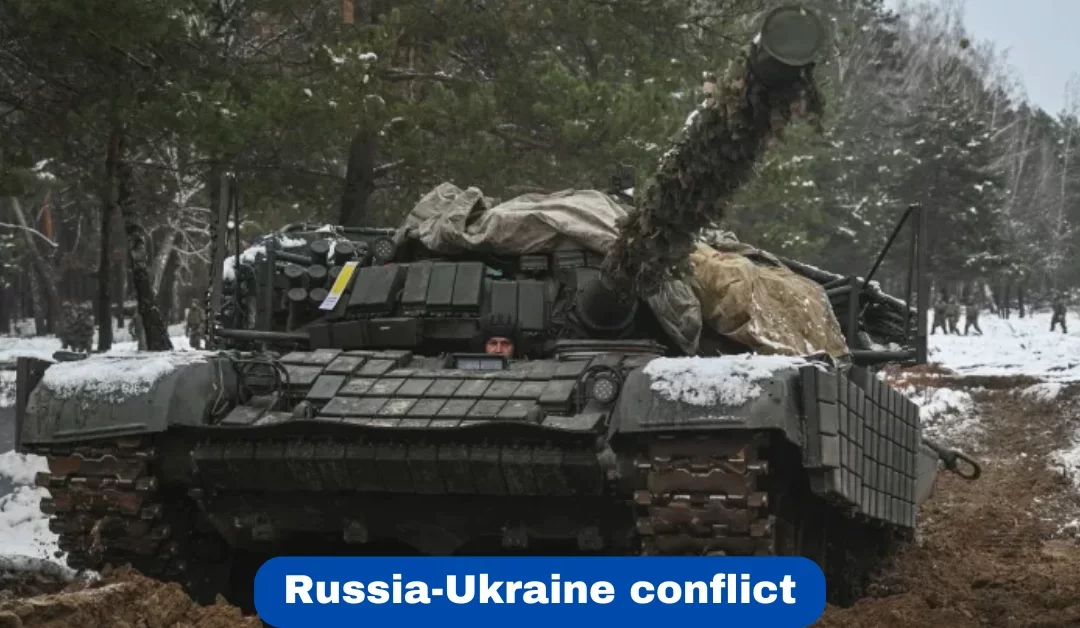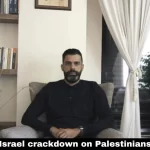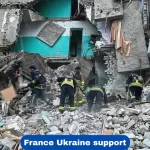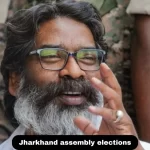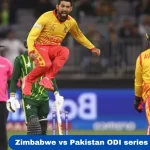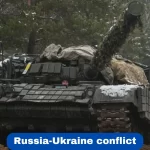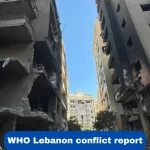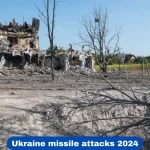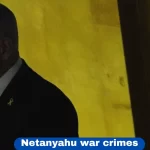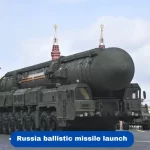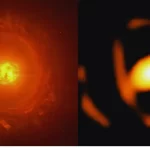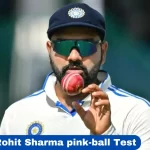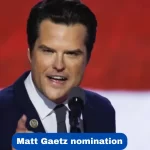The Russia-Ukraine war continues to escalate, with new developments causing widespread concern. Here is an update on recent events, focusing on military advancements, fighting in contested regions, diplomatic responses, and humanitarian aid.
Hypersonic Missile Test by Russia
Russia has tested its new hypersonic missile, called the Oreshnik, which has the ability to travel 10 times the speed of sound. President Vladimir Putin confirmed the missile was launched at Ukraine, emphasizing that more tests will follow. This missile is reported to have a range of 5,500 kilometers (3,400 miles) and can carry either nuclear or conventional warheads.
- A New Threat to Ukraine: Ukrainian President Volodymyr Zelenskyy called for updated air defense systems from allies, saying these missiles pose a significant danger to Ukraine’s security.
- Global Concern: Military experts warn the Oreshnik could strike targets across Europe, increasing fears of broader conflict. China urged restraint and calm, but Zelenskyy criticized such calls, saying Russia’s actions mock international appeals for peace.
Rising Tensions in Combat Zones
Russia’s military forces have made advances in eastern Ukraine, capturing new territory.
- Donetsk Region Advances: Russia claimed control over the village of Novodmytrivka, a key location in the Donetsk region. Ukraine’s General Staff reported intense fighting in eight nearby villages. Ukrainian sources say Russian troops are advancing up to 300 meters daily in some areas.
- Key Battlegrounds: The eastern regions, especially around Kurakhove and Pokrovsk, remain critical battlegrounds. Ukrainian troops face mounting challenges as Russia intensifies its offensive.
North Korean Soldiers Join Russian Forces
The United States has raised alarms over thousands of North Korean troops being integrated into Russian military units near the border with Ukraine. U.S. Defense Secretary Lloyd Austin said around 10,000 North Korean soldiers are preparing to fight in Ukraine. This development marks a concerning shift in international involvement in the conflict.
Diplomatic Reactions to Missile Test
The use of hypersonic missiles has sparked widespread criticism and diplomatic reactions.
- Germany’s Condemnation: German Chancellor Olaf Scholz called the missile strike a “terrible escalation.” He also criticized reports of North Korean soldiers being deployed in the war.
- Poland’s Warning: Polish Prime Minister Donald Tusk described the situation as entering a decisive phase, warning that the threat of a global conflict is now very real.
Meanwhile, NATO and Ukraine have scheduled emergency talks to discuss the implications of Russia’s hypersonic missile tests and other recent military actions.
Humanitarian Efforts Amid Conflict
The war continues to have devastating impacts on civilians, with international organizations stepping in to provide aid.
- Drone Attack in Sumy: A Russian drone attack in the northeastern Ukrainian region of Sumy killed two people and injured 12 others. This region is a vital supply route for Ukrainian troops.
- Financial Aid for Ukraine: Ukraine will soon receive $4.8 billion from the World Bank to support social and humanitarian programs. Since the start of the war, Ukraine has received over $100 billion in international funding.
Other Key Updates
- Baltic States Focus on Security: The leaders of Estonia, Latvia, and Lithuania met in Vilnius to discuss regional security and the growing threat of hybrid warfare. Recent damage to undersea cables in the Baltic Sea has highlighted the importance of protecting critical infrastructure.
- Swiss Sanctions: Switzerland has banned exports to a Polish military supplier after finding that Swiss-made ammunition ended up in Ukraine, violating Swiss neutrality laws.
- Arson Attack in the UK: A man in the UK admitted to setting fire to a Ukrainian-linked business, allegedly on behalf of Russia’s Wagner Group.
Impact on Global Politics
The Russia-Ukraine conflict is influencing political decisions worldwide. Reports suggest that former U.S. President Donald Trump is considering appointing Richard Grenell, his former intelligence chief, as a special envoy for the Russia-Ukraine conflict. This move could signal a shift in how the U.S. approaches the war.
A Humanitarian Exchange
In a rare negotiation, 46 Russian residents from the border region of Kursk were returned to Russia from Ukraine. Details of why these individuals were in Ukraine remain unclear, but the exchange underscores the complexities of this ongoing war.

